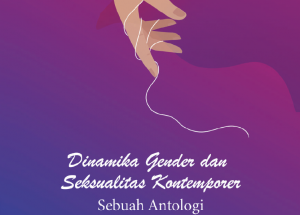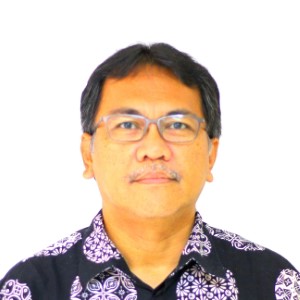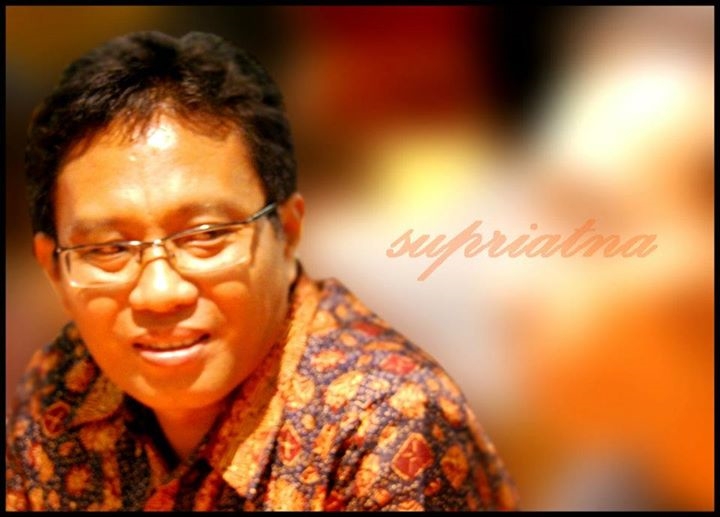
The book “Contemporary Gender and Sexuality Dynamics: An Anthology” which contains the results of research on the theme of gender and sexuality, especially those that capture the diversity of gender identities and expressions, power relations between information technology and sexuality practices in Indonesia that have not been widely published, was published by the Faculty of Social and Political Sciences of Universitas Indonesia, on Thursday (31/03). This book contains various writings from researchers in the field of gender and sexuality in Indonesia, namely Irwan Martua Hidayana, Gabriella Devi Benedicta, Diana Teresa Pakasi, Restasya Bonita, Supozwa Begawan Asmara Lanank, Putri Rahmadhani, Reni Kartikawati, Sabina Puspita, and Ni Nyoman Sri Natih Sudhiastiningsih.
The rapid changes in values, meanings and practices of sexuality in Indonesia require a renewal of theorization and conceptualization as well as methodology of gender and sexuality research in Indonesia. “The problems of gender and sexuality that occur in Indonesia are increasingly complex and challenging. On the one hand, sexuality is still seen as a taboo to be discussed openly, on the other hand, a number of sexuality issues are hotly debated in the public sphere,” said Dr. Irwan Martua Hidayana, Head of the Department of Anthropology, Faculty of Social and Political Sciences, Universitas Indonesia, who is the editor of the book.

According to Irwan, the dynamics of gender and sexuality that is currently hot and becoming a discourse battle is the issue of sexual violence. Since the last few years, the Draft Law on the Elimination of Sexual Violence, which was submitted by the government to the House of Representatives in 2016, has experienced ups and downs in the discussion process.
“Again, the debate over the substance of this bill shows polarization, between groups that promote morality and religion, and groups with a human rights perspective and the protection of victims of sexual violence. The urgency of eliminating sexual violence is also felt by the world of education, because of the rise of cases raised by social media,” said Irwan.
“Through the chapters in this book, the diversity and changes that occur in the meaning and practice of sexuality in Indonesia are evident. The reality of various values and practices of sexuality is unequal in our society. Sexuality has always been an arena for the struggle for national identity and morality, society labels sexual practices and identities that are good, healthy, moral and in accordance with the nation’s cultural values with sexuality that is considered deviant, immoral and dangerous to culture and the nation’s next generation, “said Diana. .
Furthermore, Diana said that another thing that became a reflection of this book is the reality that sexuality, although very contextual, is very connected, especially with the advancement of information technology. “The social forces at work, which control but also enable the individual, are not only modernization processes at the local level, but also globalization brought about primarily by the internet. This connectedness, for example, is manifested through various social media platforms, dating apps, forums on the internet that form asociality where sexuality is specifically expressed and practiced,” says Diana.
This book discusses Sexuality and Digital Media to Reflections on Research Practice, and in the final chapter discusses one of the techniques in the ethnographic approach with visual photovoice as an important element in analyzing, understanding and criticizing the meaning of a phenomenon that occurs. It is hoped that the presence of this book can open readers’ eyes to the diversity of gender and sexuality as well as the vulnerability, marginalization and exclusion faced by gender and sexual minorities in Indonesia. Another hope is to contribute to the transformation of a more equal and gender-just Indonesian society.



